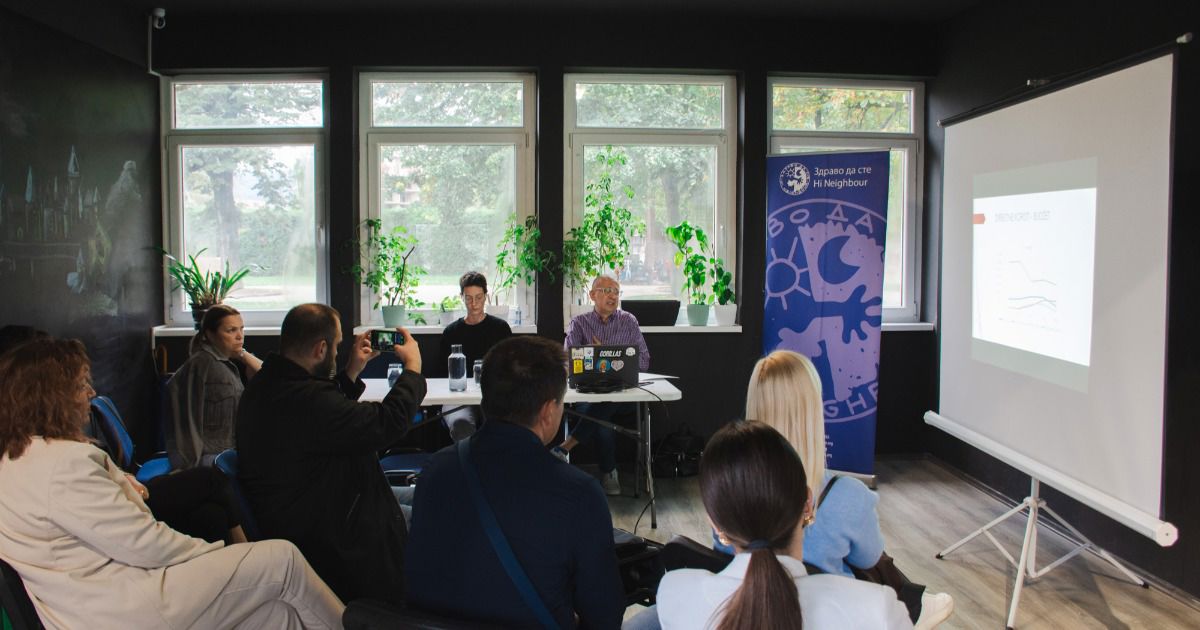
Youth centers in Republika Srpska bring multiple benefits to their communities - from developing new knowledge and skills among young people, through support for employment, to strengthening social cohesion and quality of life. This was shown by the Cost-Benefit analysis of the work of youth centers for the period 2020-2024, as well as the results of focus groups with young people and community representatives, presented at today's press conference.
The analysis included centers in Banja Luka, Prnjavor, Srbac and Teslić and showed that every invested mark returns multiple value through economic, social and educational benefits. Young people emphasized that the centers are not only a place for socializing, but also a place where they gain their first work experience, develop ideas and actively contribute to the community.
The Cost-Benefit analysis was presented by Dejan Radić, a tax advisor, who emphasized: "Although all youth centers operated profitably during the observed period, their sustainability and further development require priority funding through inclusion in national and local development plans with clearly defined budgets."
The findings clearly show that youth centers are not an expense, but an investment in the future. However, the centers face challenges such as lack of space, financial instability and a shortage of professional staff. The report makes recommendations for strengthening institutional support, modernizing infrastructure and developing programs that meet the needs of young people.
An analysis of the benefits and recommendations for youth centers, based on the results of focus groups in four local communities, was also presented. Nataša Pivašević from the Egogram Counseling Center, who presented this analysis, emphasizes that youth centers play a key role in the development of young people: "They provide a safe space for learning, socializing, acquiring skills and the first step towards employment. Through experiences in the centers, young people more easily get their first jobs and professional engagements, but the centers face infrastructural and financial challenges, which requires stronger institutional support for their long-term work." Tanja Boromisa, executive director of the "Zdravo da ste" Association, emphasizes: "Both analyses that we presented show that youth centers are important to young people as partners in professional and personal development, but also as a safe space for freedom of speech and expression."




